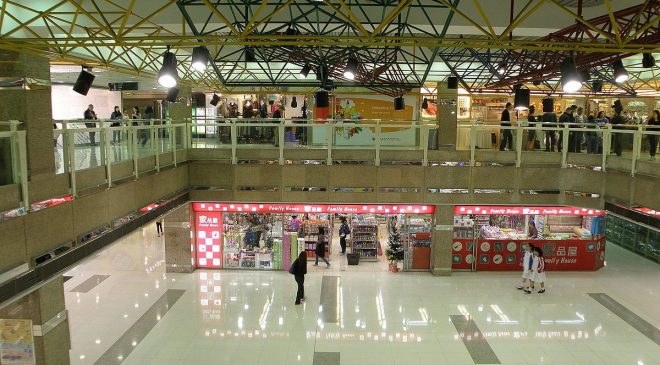The loss is posing challenges for Australian retailers
New research conducted by Manhattan Associates reveals that Australian consumers have become more discerning and selective in their purchasing decisions, presenting a significant barrier to local retailers. The study found that 80 per cent of Australians have become more cautious compared to a year ago, making it more challenging for retailers to convert sales.
The economic squeeze caused by inflation and interest rate rises has led some shoppers to curtail their spending altogether. According to the research, 33 per cent of respondents indicated that they hold off or defer purchases until sales or special deals, while more than 51 per cent admitted to delaying or indefinitely deferring purchases.
The study also highlighted that 85 per cent of Australian shoppers now conduct more thorough product research before making a purchase compared to previous years, with around 62 per cent actively opting for cheaper or discounted products.
Raghav Sibal, Managing Director of Manhattan Associates, commented on the challenges faced by retailers, stating, “In an environment where consumers have no concerns about walking away from a sale if their expectations are not met, retailers have no margin for error.” Sibal emphasized that while consumers prioritize value and wait for the best deals, price is not the sole motivation. Shoppers now have heightened expectations and demand a seamless and convenient shopping experience coupled with excellent customer service.
The research indicated that over 90 per cent of consumers consider in-store customer service as a significant contributing factor in their purchasing decisions. Alarmingly, more than 80 per cent of participants admitted to abandoning a purchase this year due to poor customer service. Budget constraints also made 40 per cent of people more sensitive to negative experiences.
The primary factors influencing abandoned sales included unavailability of products/sizes, sales associates lacking sufficient product knowledge, negative online product reviews, and limited delivery options, including returns.
To mitigate negative shopping experiences and prevent potential sales from being abandoned, retailers need to invest in the right systems and technologies. Seamless online delivery and returns processes, as well as increased purchasing flexibility through access to stock and items available on other websites, are crucial. Retailers can leverage systems that enable in-store purchases using inventory from other stores or warehouses, recognizing that brick-and-mortar stores now serve as fulfillment hubs in addition to selling spaces.
By unifying order management, customer engagement, point of sale, and store inventory and fulfillment technologies, retailers can empower their store associates to personalize the selling experience, proactively solve problems, and deliver exceptional customer experiences amidst the challenges posed by the cost-of-living pressures, concluded Sibal.





